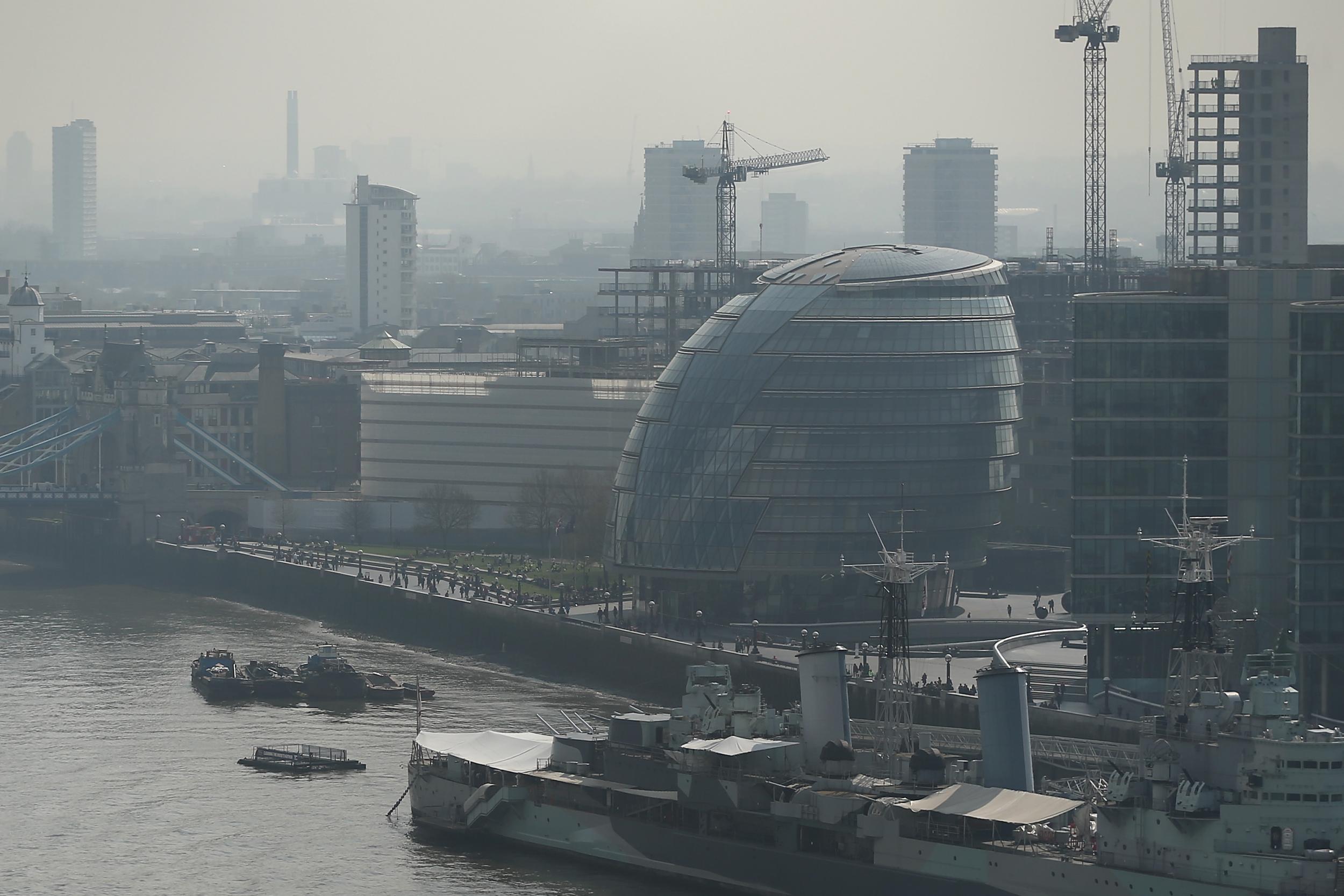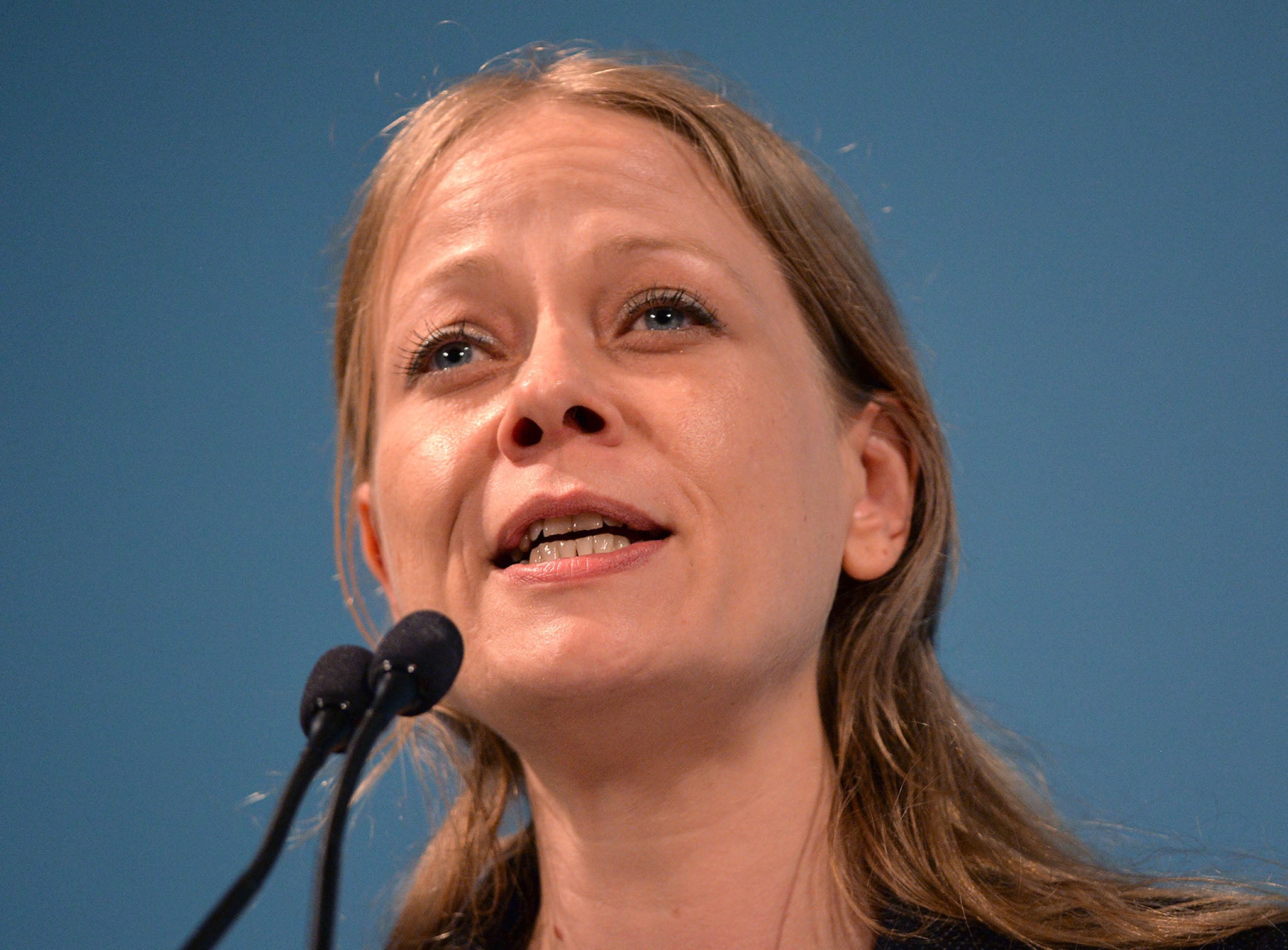Tory and Labour MPs gang up in bid to strip London Assembly of PR voting system
Opponents say the proposal would harm smaller parties and women's representation

Your support helps us to tell the story
From reproductive rights to climate change to Big Tech, The Independent is on the ground when the story is developing. Whether it's investigating the financials of Elon Musk's pro-Trump PAC or producing our latest documentary, 'The A Word', which shines a light on the American women fighting for reproductive rights, we know how important it is to parse out the facts from the messaging.
At such a critical moment in US history, we need reporters on the ground. Your donation allows us to keep sending journalists to speak to both sides of the story.
The Independent is trusted by Americans across the entire political spectrum. And unlike many other quality news outlets, we choose not to lock Americans out of our reporting and analysis with paywalls. We believe quality journalism should be available to everyone, paid for by those who can afford it.
Your support makes all the difference.Tory and Labour MPs have been accused of a “cynical attempt to turn back the clock” with a bid to scrap the PR voting system that gives smaller parties seats in the London Assembly.
As well as being seen as a bid to squeeze out smaller parties, some critics say the plan, brought forward by 12 male MPs, will slash the number of women on the capital's ruling body.
The Electoral Reform Bill 2016 would scrap the proportional “additional member system” in the elected assembly, which holds the Mayor of London to account, and revert its elections to the non-proportional First Past the Post (FPTP) system.
Introduced by Hampshire Tory MP Ranil Jayawardena, the bill would likely consolidate power between the Tories and Labour in the capital – and erase gains made by smaller parties, whose voters are normally not represented under FPTP.
In elections earlier this year Labour won 12 of the 25 seats in the Assembly with 40 per cent of the vote, while the Conservatives won eight seats with 29 per cent. The Green party won two seats with 8 per cent of the vote, Ukip won two seats with 6.5 per cent, and the Lib Dems won one seat with 6.3 per cent.
Under FPTP the seats would have been split only between Labour and the Conservatives, however – despite around 30 per cent of voters voting for smaller parties.
Clive Lewis, Labour’s shadow business secretary who has previously voiced his support for proportional representation, criticised the plan and said such voting systems should be extended rather than abolished.
“A large number of people have felt completely left behind by politics in this country in recent years. When it comes to general elections, too many people feel that their vote does not matter,” he said.
“The solution is a fair, proportional voting system in which every vote matters equally and Parliament fairly reflects the electorate.
“Such a system is already used in the London Assembly to great success. Attempting to dismantle it is not helpful; it's a cynical attempt to turn back the clock for party-political gain.”
Sian Berry, London Assembly Member for the Green Party, who was elected through the system, said voters had backed the PR system when it was introduced in 1998.
“The Assembly elections are fairer than most and don't need to change. Having our members elected proportionally makes sure no one party can dominate, that we have more diverse members and that the scrutiny work we do reflects the views of all Londoners,” she argued.
“When we have a far higher share of female members than Parliament, why would we want to change to a failing system? Our PR elections were backed by a large majority of Londoners in the 1998 referendum that set up the Assembly and these male MPs should stop interfering.”

Under the PR system 40 per cent of Assembly Members were women, while those elected to the FPTP seats in the assembly were 72 per cent men. Campaigners have long argued that the nature of PR electoral systems improves gender balance in parliaments..
Sophie Walker, leader of the Women’s Equality Party, described the plan as “retrograde”.
“At our first party conference last month, members of the Women's Equality Party voted unanimously to pass a motion calling for proportional representation, the best way to achieve equal representation for all,” she said.
“PR systems lead to more equal gender representation as well as minority representation in parliaments. We need greater diversity at all levels of politics to ensure those who are elected to govern us do so with an understanding of everyone's needs.

“This proposed bill is a retrograde step designed to protect the interests of the privileged few, and we will fight to ensure the UK, and its capital, moves towards a more enlightened and fair system of representation.”
Frances Scott, founder of 50:50 Parliament campaign, which works for the equal representation of women in Parliament, argued that it was “alarming that some MPs are pushing for changes that will make more gender balanced, inclusive, elected assemblies less likely”. Klina Jordan of Make Votes Matter said the MPs backing the proposal “don’t understand or don’t care about the impact it would have on representation”.
Tory MP Mr Jayawardena told Parliament in support of the bill: “While many in this House appreciate the benefits of first past the post, that appreciation is sadly not replicated across our country.
“Some say that the effect of PR can be mitigated through, for example, the additional member system, but it does no such thing. While people may know their constituency member, they are less likely, through no fault of their own, to contact their regional members, so the latter have all the powers of their counterparts who were elected by first past the post but, having been appointed from a party list, have less accountability and connection to the people they represent.”
The bill passed its first reading in the House of Commons in December and will face its second reading on 13 January.
The co-sponsors of the bill are Andrew Rosindell (MP for Romford, Conservative), Chris Evans (MP for Islwyn, Labour), Chris Philp (MP for Croydon South, Conservative), Christian Matheson (MP for City of Chester, Labour), David Mackintosh (MP for Northampton South, Conservative), Jim Fitzpatrick (MP for Poplar Limehouse, Labour), John Penrose (MP for Weston-Super-Mare, Conservative), John Stevenson (MP for Carlisle, Conservative), David Nuttall (MP for Bury North, Conservative), Robert Flello (MP for Stoke-on-Trent, Labour) and Robert Neill (MP for Bromley and Chislehurst, Conservative).
Join our commenting forum
Join thought-provoking conversations, follow other Independent readers and see their replies
Comments